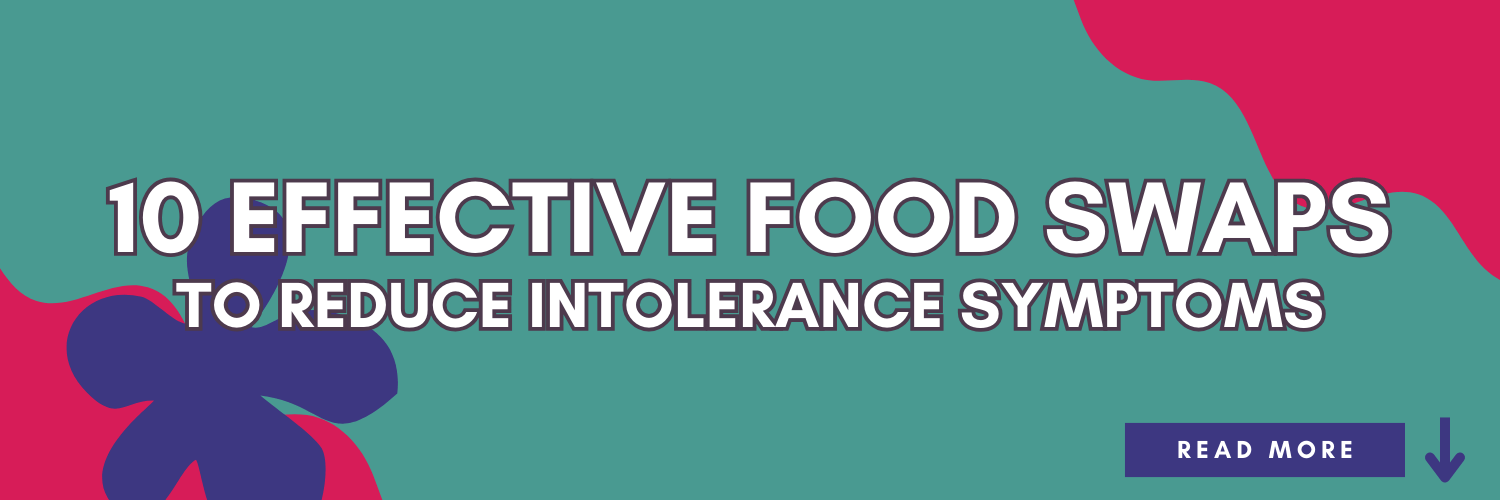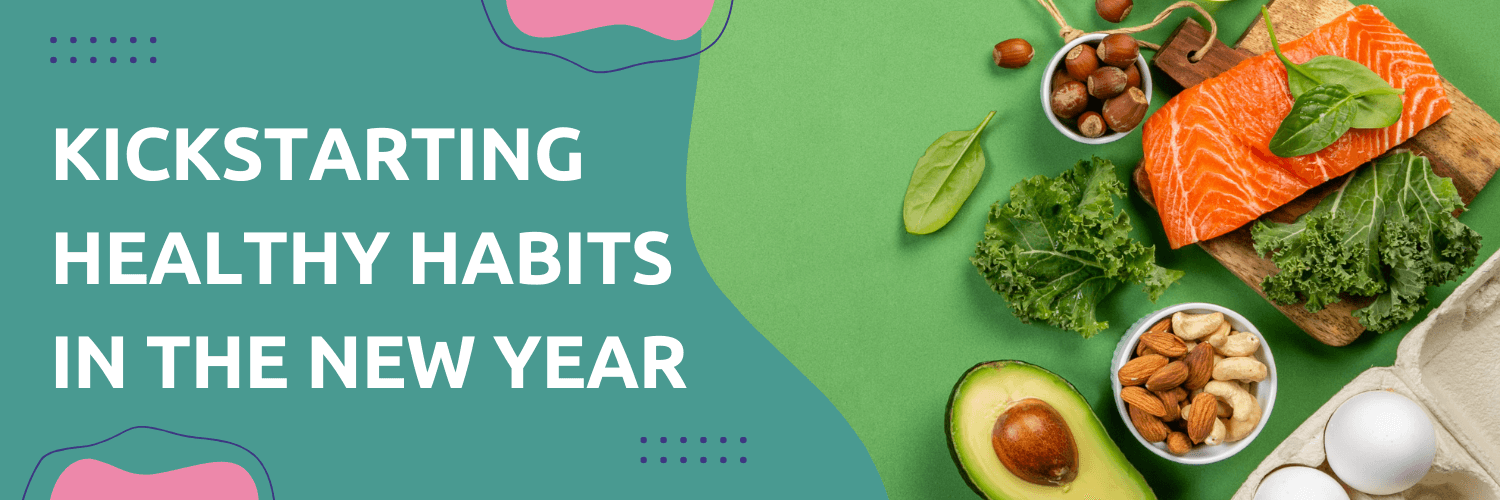Feeling tired all the time can negatively impact your quality of life. It can cause mistakes at work, irritability and even make people want to avoid you! So it’s crucial to find the cause and figure out how you can get back to your old energetic self.
1. Sugar
Excessive sugar intake can cause constant ups and downs in your energy levels throughout the day. Consuming too much sugar will cause a crash when your blood sugar levels drop off. Eating lots of sugar reduces the activity of what are called orexin cells. This makes you feel pretty sleepy. That’s why you want to take an afternoon nap after devouring something indulgent.
What’s lesser talked about is the fact that eating more sugar during the day can also lead to you waking up in the middle of the night. Even if you don’t fully wake up, the sugar can pull you out of deep sleep, (the most important kind!) making you feel exhausted the next day.
Keep your energy level even throughout the day by limiting the amount of sugar you eat. That way, you can more easily stick to a regular sleep schedule.
2. Caffeine
If you need constant caffeine top-ups to get through the day or act like a zombie until your first-morning coffee, it’s probably causing your continuous fatigue.
The attack on your sleep is two-fold. First, consuming caffeine after 2 pm means that the drug is still in your system when it’s time to sleep. This can __ impact your quality of sleep and even stop you from nodding off in the first place. Secondly, the constant high and low from each caffeine dose has a similar effect on your system as with sugar. And if you’re topping up your coffee with a spoon of sugar, that’s twice the fluctuation on your energy levels.
3. Sleep
We’ve already discussed how caffeine affects your sleep quality, so no doubt you’re aware of the importance of sleep. Nevertheless, sometimes you need it pointing out to you that if you aren’t getting enough, quality sleep, you’re not going to be bright-eyed, and bushy-tailed come the morning.
Avoid psycho-active substances such as alcohol and caffeine that can severely affect your sleep. It’s also helpful to work at improving your sleep hygiene, through things like an evening routine, a screen cut-off time and clearing out your thoughts with a brain dump before you put your head to the pillow.
4. Food Intolerance
Fatigue is one sign that you might be suffering from a food intolerance. With a food intolerance, your body struggles to digest the food you’re intolerant to. This causes symptoms such as fatigue, bloating, headaches or diarrhoea.
Symptoms might occur a few hours or days after consuming the offending food, which makes the intolerance challenging to pinpoint. You can take an intolerance test to determine whether your diet is causing your fatigue, at which point you can begin an elimination diet.
5. Emotional Exhaustion
We all experience life’s ups and downs, and having a bit of a low is quite reasonable. If you’re going through a bereavement, break-up, new job or some other significant life event, you’re likely to feel fatigued. Emotional efforts are just as tiring as physical ones, so cut yourself some slack.
If things feel like they’re getting to you too much, find someone to share them with – as they say, a problem shared is a problem halved.
Stop feeling fatigued
We recommend you work down this list to see if any of these could be improved. If anything jumps out at you right away, get started on making a change to resolve the issue! You’ll find that little changes like switching your afternoon snack, improving your sleep hygiene or eliminating a problem food, can really impact your body and bring your energy levels back to optimal levels.






